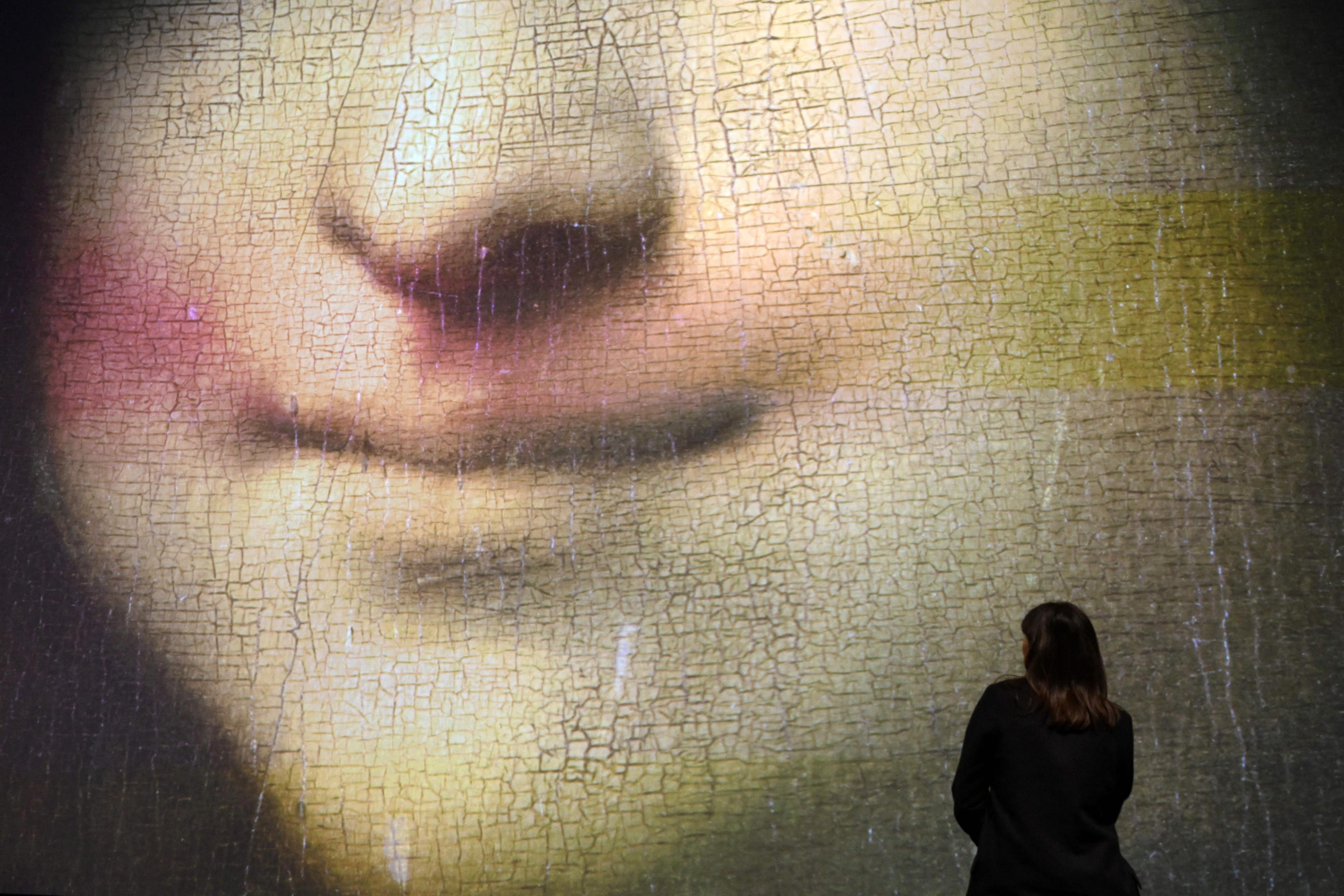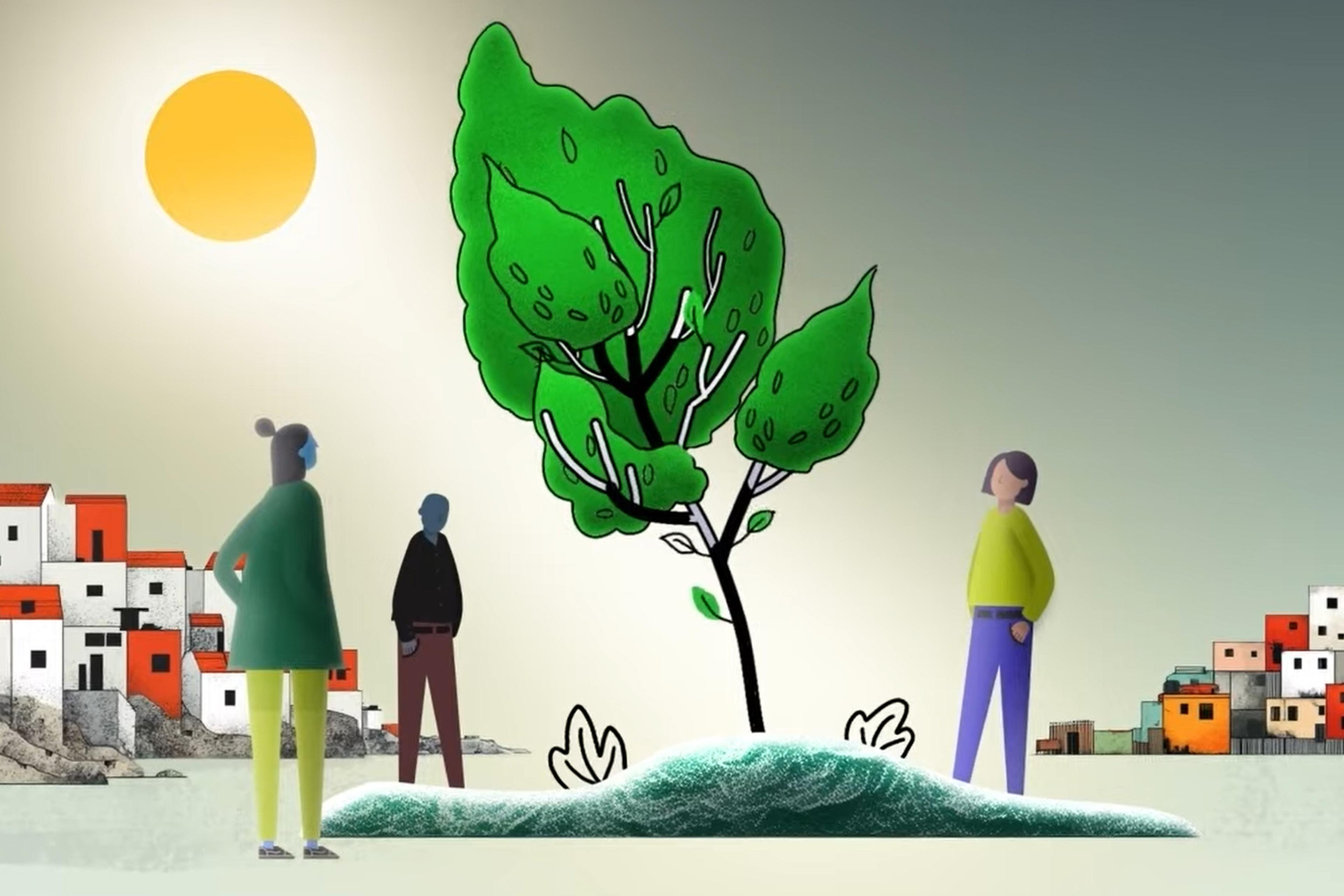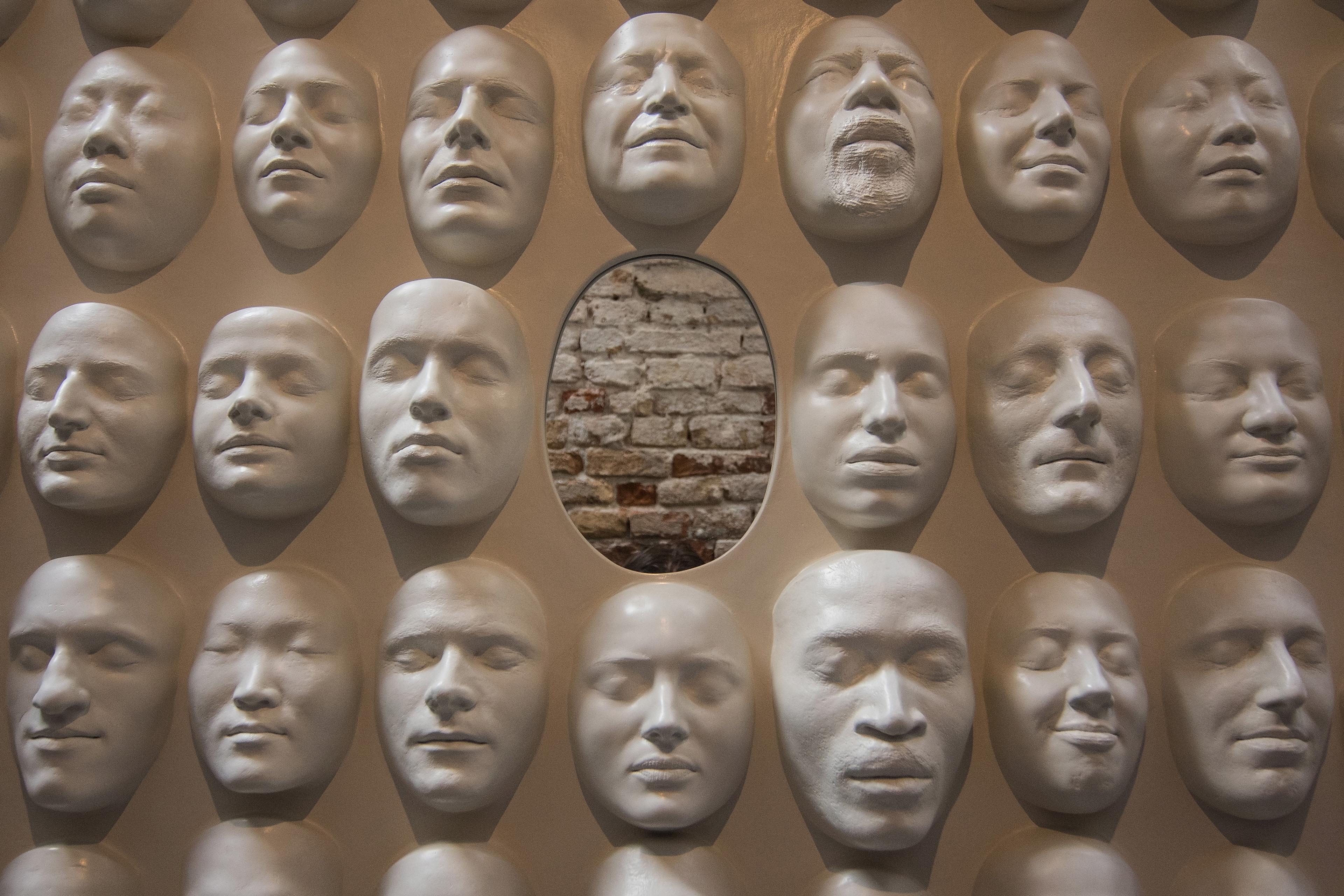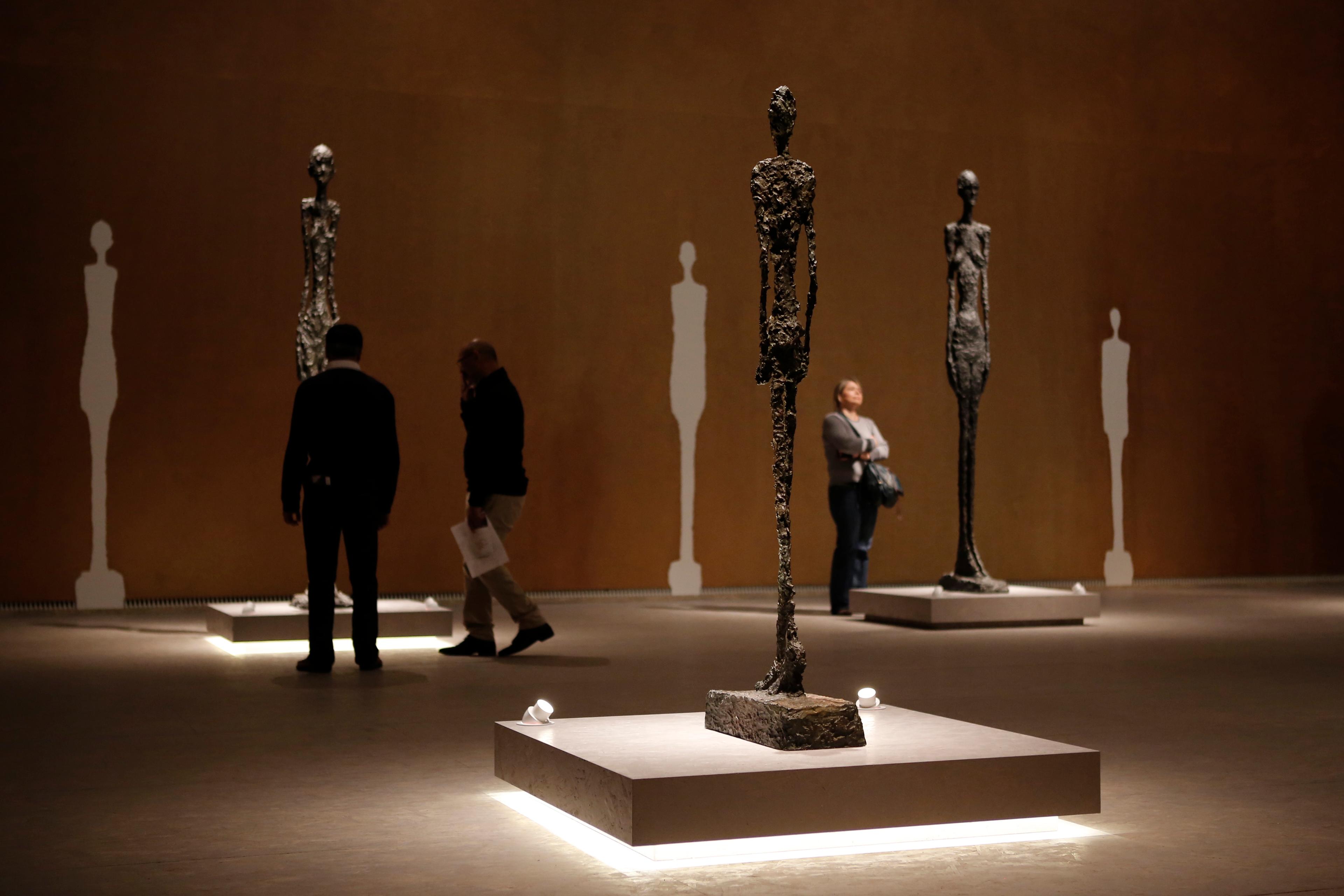In this riveting dive into cognition, meaning-making and human progress, Judy Fan, an assistant professor of psychology at Stanford University, explores how we transform abstract concepts into real-world innovations. Sharing research from her field – including studies from her Cognitive Tools Lab, which ‘aims to reverse engineer the human cognitive toolkit’ – Fan discusses how, across our history, we’ve expanded and accelerated our understanding of the world through drawing. This includes both directly observed subjects, such as Charles Darwin’s sketches of finches, and theoretical concepts, such as Richard Feynman’s diagrams that express the behaviour of subatomic particles we’ll never be able to see. Building on these ideas, Fan then dives into recent research into a cognitive tool that has grown rapidly alongside the rise of the internet – data visualisation – to investigate how we encode and integrate information to better make sense of our world.
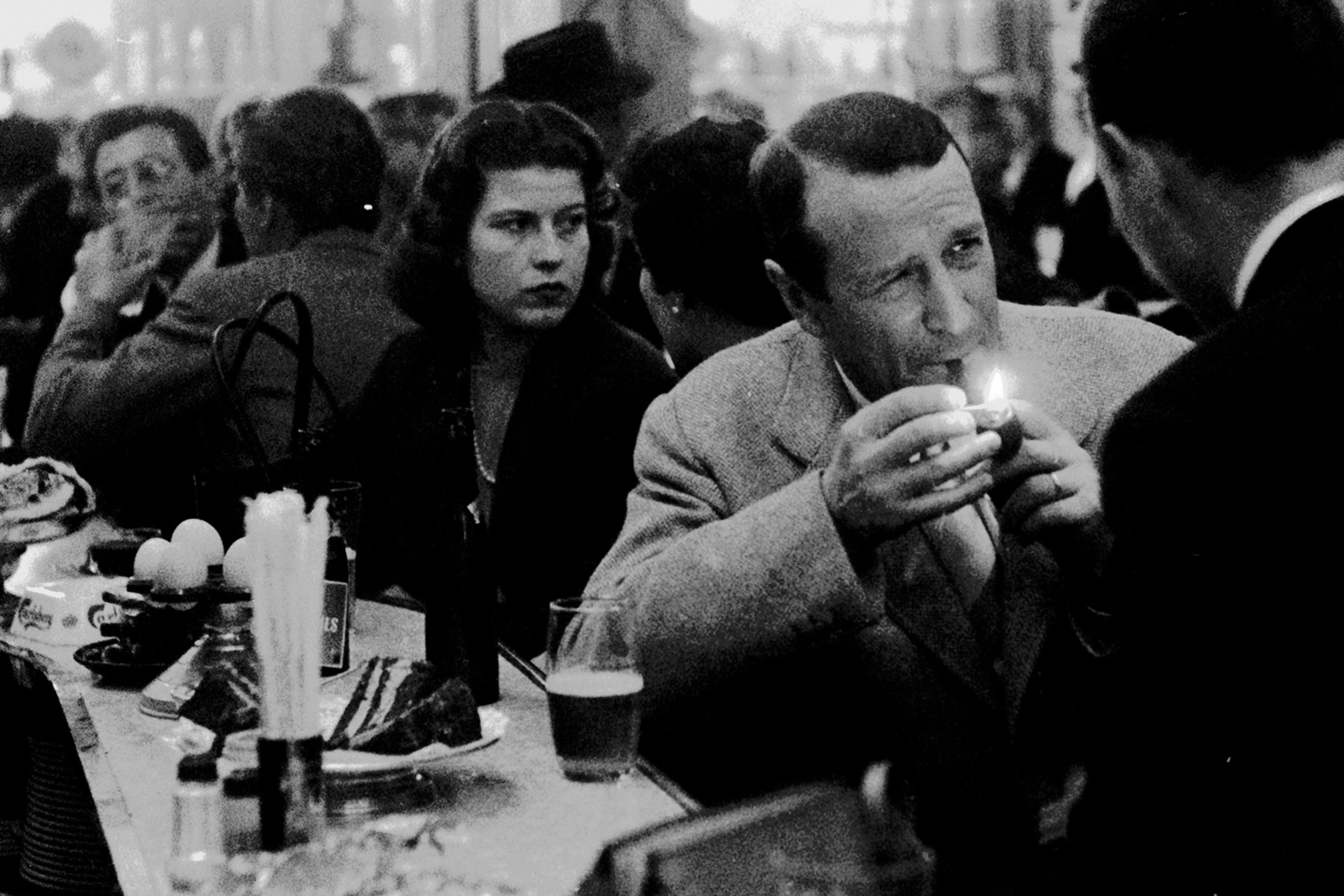
How to think like a detective
The best detectives seem to have almost supernatural insight, but their cognitive toolkit is one that anybody can use
by Ivar Fahsing

